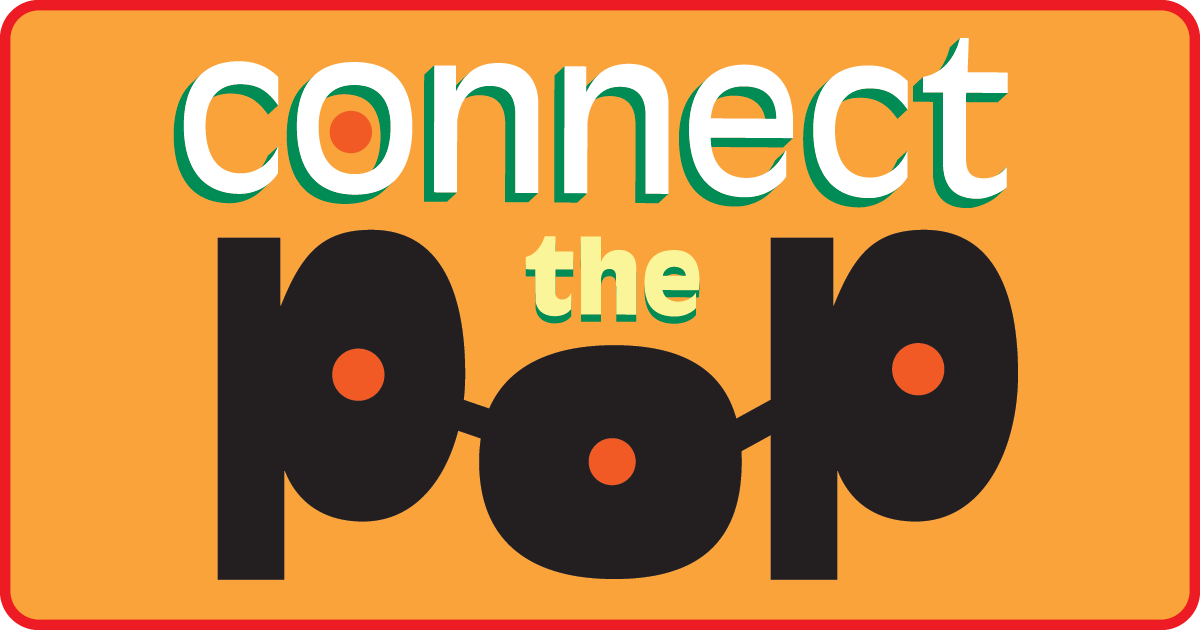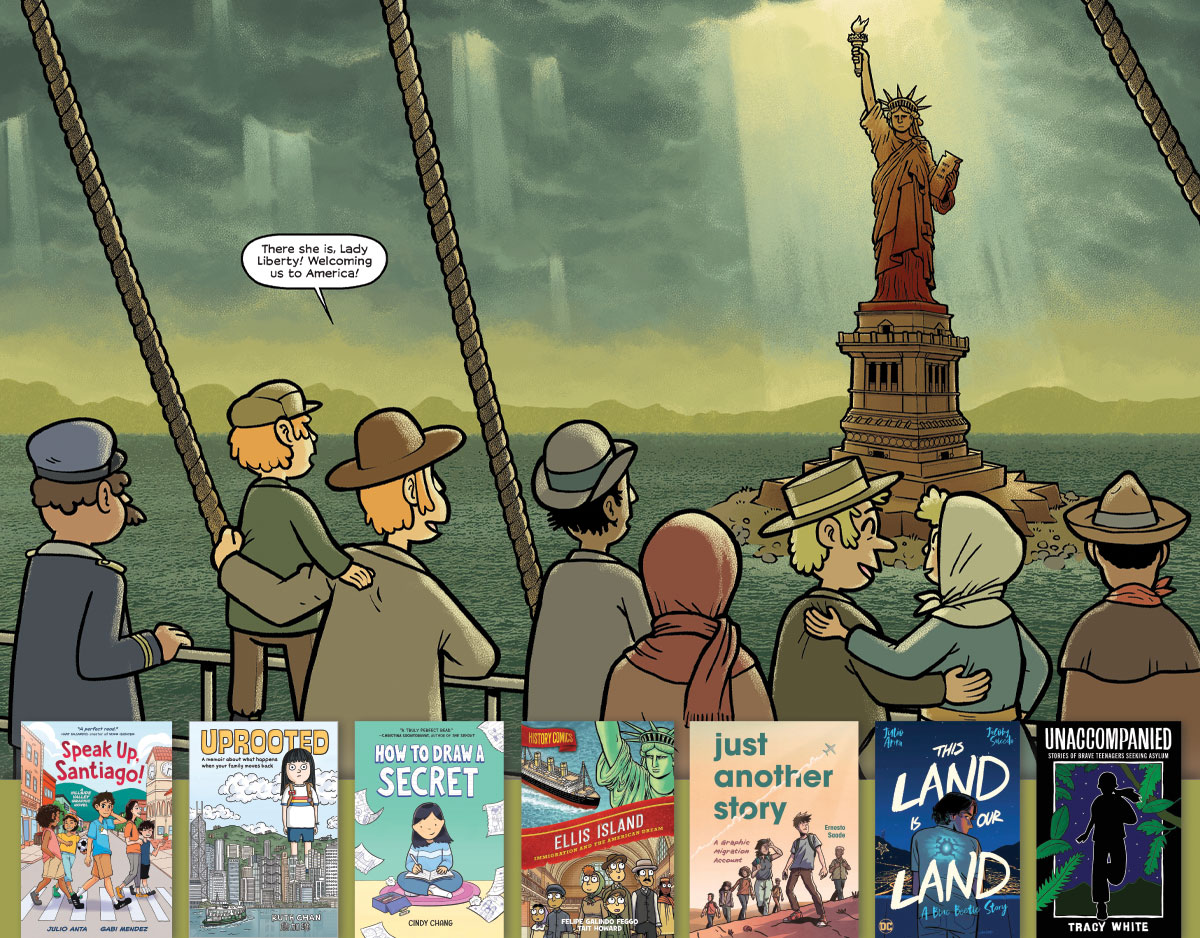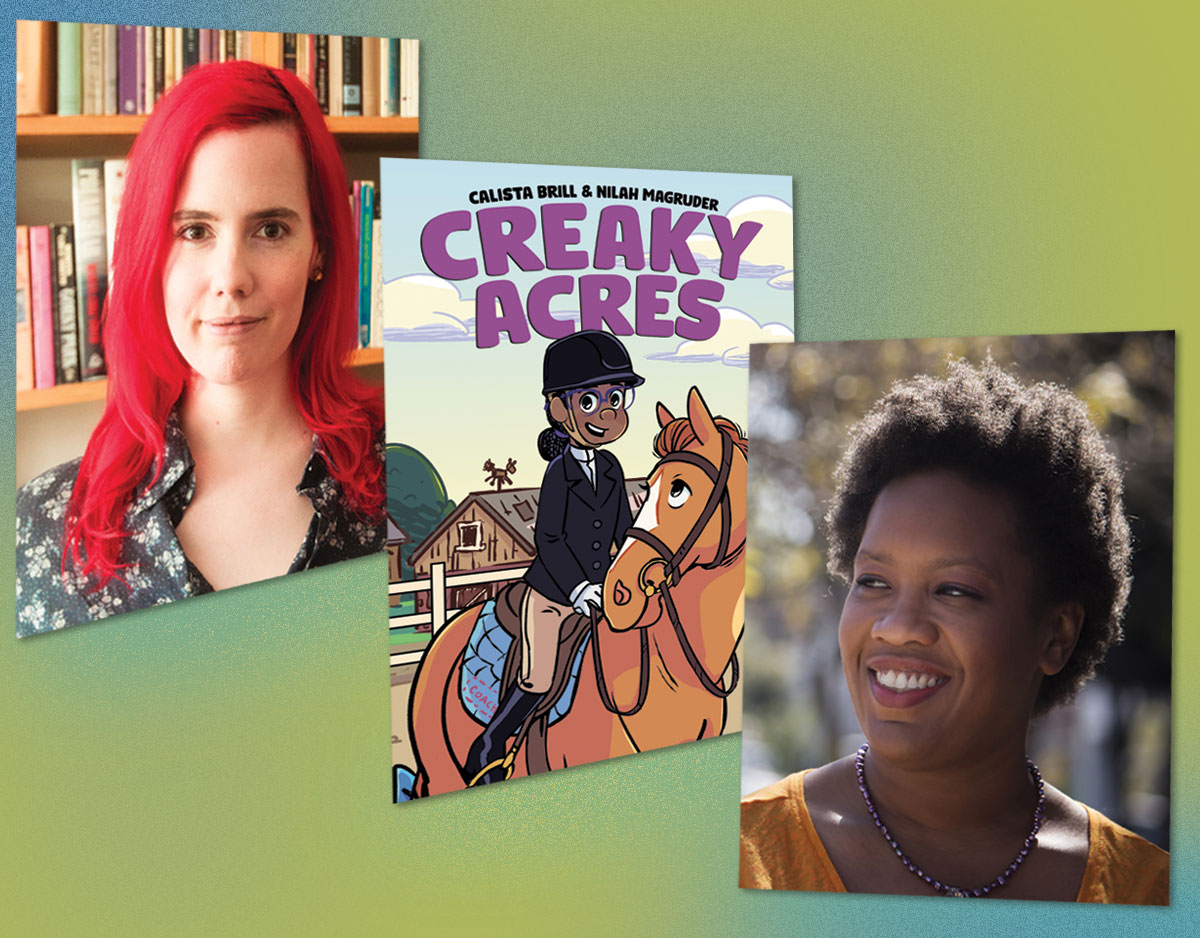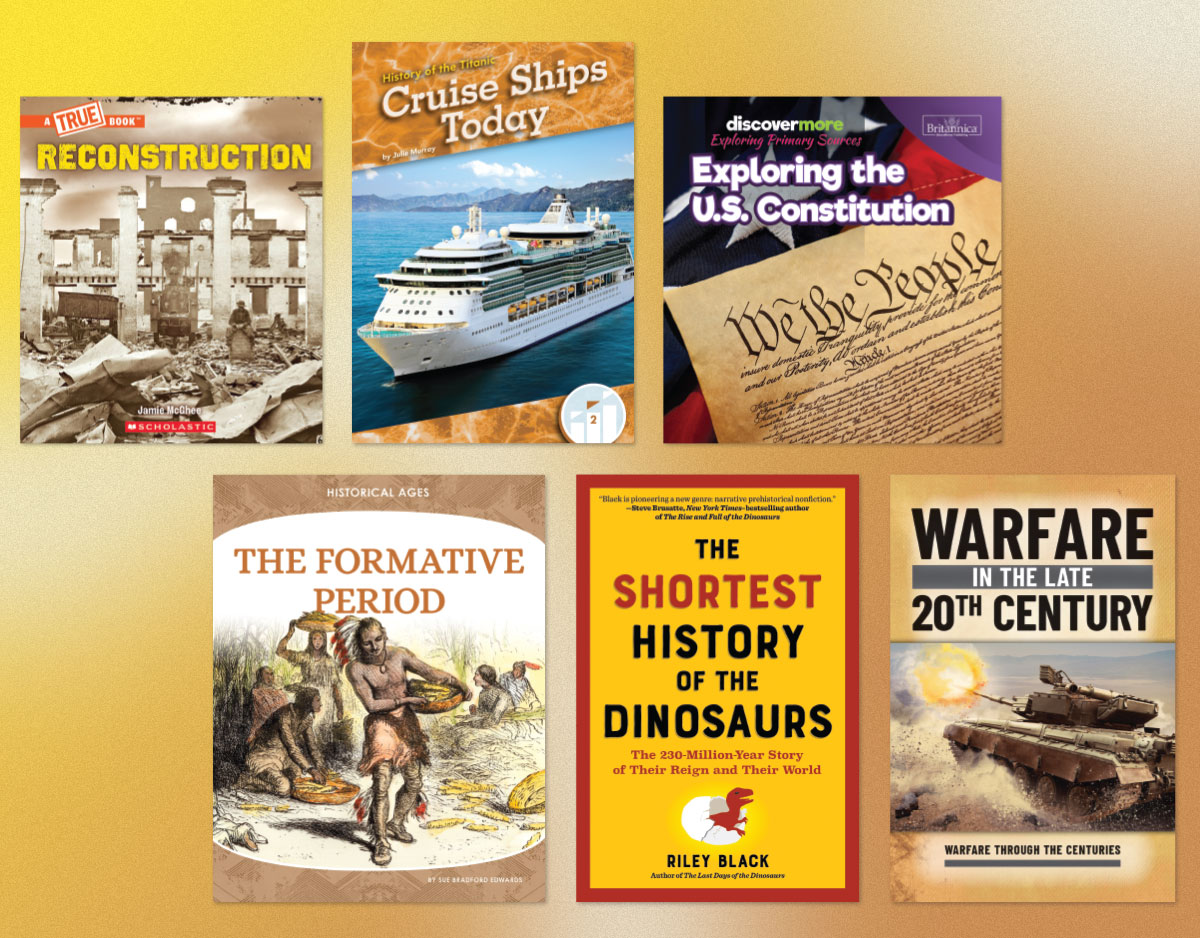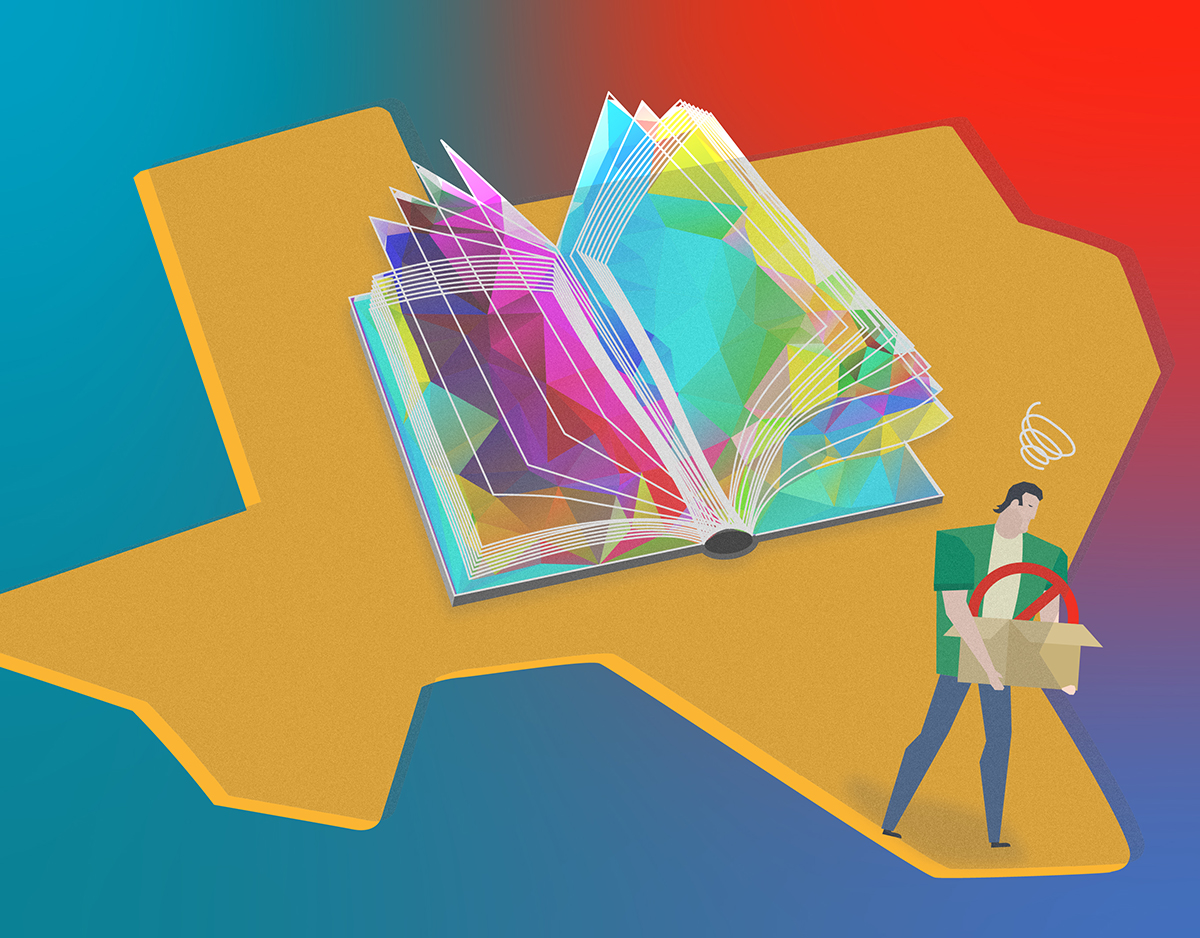SCROLL DOWN TO READ THE POST
“The Raven” and the Case of the Dashingly Heroic Author

I’m not going to review The Raven, which opens in U.S. theaters tomorrow, but I will say that you should probably avoid paying money to see it… unless you’re looking for a teachable idea or two. Or a lot more than two, actually.
Sadly, my urging of avoidance is even more emphatic if you’re a fan of Edgar Allan Poe—and I’m saying this as a fellow fan. The premise of The Raven sees Poe helping track down a “serial killer” (anachronism #1: the script uses a term that wouldn’t exist for more than a century), one who happens to be drawing upon his work for “inspiration.” Gimmicky, sure, but I wouldn’t have minded a gruesome thriller fashioned from this high concept if it also reflected a real appreciation of Poe’s genius… or, at least, a sense of the actual man’s biography beyond his publishing history and the simple data of where he lived and died.
ADVERTISEMENT
ADVERTISEMENT
To be fair, some of Poe’s representation here is to expected when a studio sinks millions of dollars into a picture. He’s depicted as an understandably gloomy soul who’s endured much loss in his life, channels his despair into his work (artistic vision as therapy, don’t you know), and is a semi-public figure better known for the liquor in his bloodstream than the funds in his bank account.
Which means that already we have a critical literacy angle worth exploring: the way that the script emphasizes those traits that would have him more closely conform to the “lovable loser” archetype that audiences enjoy rooting for.
So basically he’s a good guy, just misunderstood, talks fast, and yes, over his lifetime has been a bit unlucky with the opposite sex. He’s John Cusack, in other words—the star’s screen persona, that is. But because he’s a movie star-level “reluctant-hero,” he’s given a movie star-like leading lady, Alice Eve in full “glamorous blonde” mode. And with that comes a horde of other Hollywood clichés—the disapproving, overbearing father, the helpless damsel in distress, and so on.

But let me stop before this becomes a full-on rant, and ask something perhaps more valuable: why do filmmakers never tire of romanticizing authors’ lives, and why do we never tire of flocking to the finished products? It’s a thought that occurred to me when reading about HBO’s new Hemingway project with Clive Owen and Nicole Kidman, and which also echoes this interesting piece from The Guardian about why Hollywood tends to overlook “the boring truth” about writers’ lives.
Within this general area of inquiry, then, we might get more specific…
- Which are our favorite pop culture conceptions of famous authors, and why? Time After Time’s fanciful depiction of H.G. Wells completely captured my imagination as a young viewer, and as an adult I came to admire The Life of Emile Zola (though I’ve no idea how fictionalized it is).
- Are authors-as-characters a better fit for certain genres than others? Or are the elements of tone, voice, and characterization more important, as evidenced in the satirical but affectionate portrayals in Woody Allen’s Midnight in Paris?
- What is to be said of the openly-departing-from-the-facts approach of such films as Shakespeare in Love and Becoming Jane? And why would someone (such as me) prefer the second to the first—is it because the extrapolation on Austen’s life at least appears to reflect a deeply-felt response to the themes of her own work?
- How are “based-upon” characters rather than those in straight-ahead biopics more effective (or more honest) in that they deal with our conception of an author rather than the real thing? (I’m thinking of the Faulkner character in Barton Fink.)
- To what extent do narratives about authors perpetuate some of the same myths about creativity (e.g., the “tortured artist”) as those about painters, composers, and so on?
- Do such media messages affect our reading of the authors’ texts in the same way that reading a biography or autobiography might? Why or why not?
- Finally, and this is perhaps the biggie in terms of critical literacy, how do media representations of authors and other creative folks make young audience members more likely, or less likely, to want to embark on such careers themselves? How do such works create a romanticized set of pros and cons that can be internalized all too easily…?
That last question is one that I should probably ask myself as a writer. I’ll try to get to it later today—right now I have a crazed killer to catch.
http://www.youtube.com/watch?v=GcSWl5DaL4s
Filed under: English, Media Literacy, Movies
About Peter Gutierrez
A former middle school teacher, Peter Gutierrez has spent the past 20 years developing curriculum as well as working in, and writing about, various branches of pop culture. You can sample way too many of his thoughts about media and media literacy via Twitter: @Peter_Gutierrez
ADVERTISEMENT
SLJ Blog Network
10 to Note: Summer Preview 2025
Cover Reveal and Q&A: The Lions’ Run by Sara Pennypacker (cover by Jon Klassen)
World of Archie Jumbo Comics Digest #151 | Exclusive Preview
The Big Why: The Complications of Creativity and Sometimes the Girl, a guest post by author Jennifer Mason-Black
The Classroom Bookshelf is Moving
ADVERTISEMENT
ADVERTISEMENT

